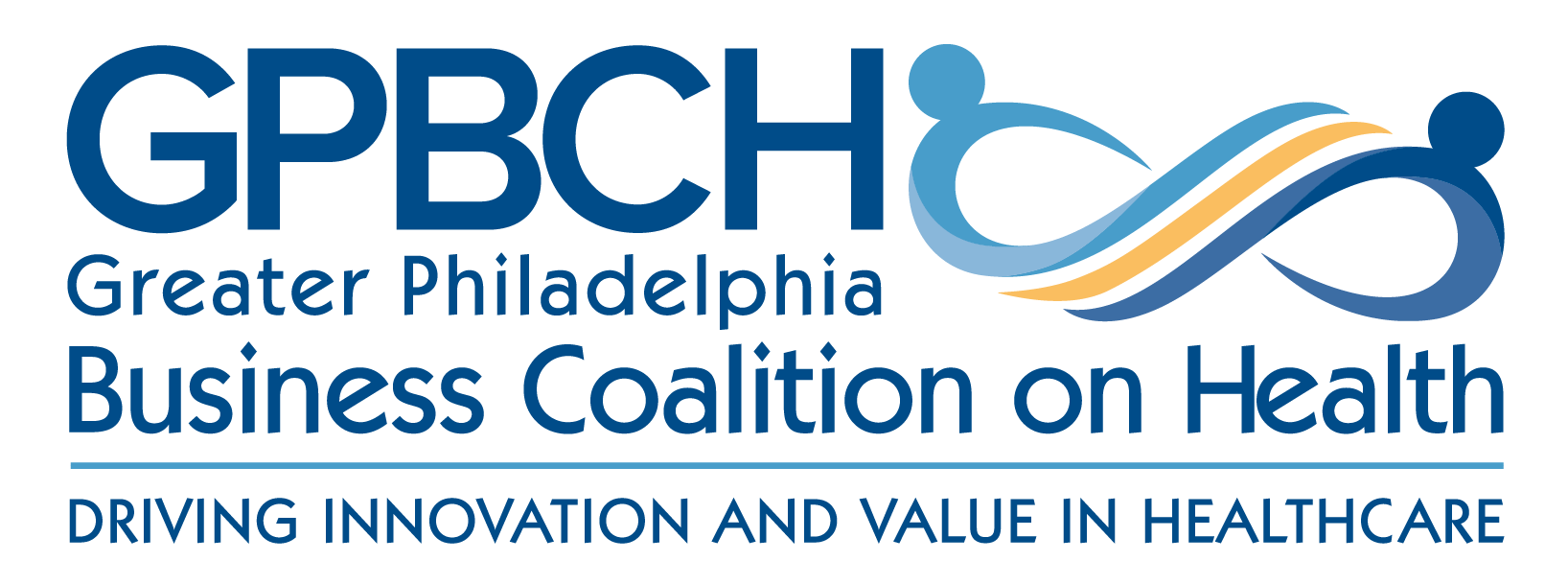
The Pivotal Role of Payers in Improving Health Equity, Maternal Health Care in the US

A presentation at the Greater Philadelphia Business Coalition on Health's 2024 Women’s Health Summit discussed how payers, including employers and public entities, can strategically influence health care purchasing to prioritize maternal health and equity.
Payers, including employers and public entities, can strategically influence health care purchasing to prioritize maternal health and equity, according to a presentation at the Greater Philadelphia Business Coalition on Health (GPBCH) 2024 Women’s Health Summit held on March 21, 2024 in Philadelphia, Pennsylvania.
The urgent need to improve maternal health and birth outcomes was raised by Randa Deaton, vice president of purchaser engagement at the Purchaser Business Group on Health (PBGH). In her presentation, Deaton shed light on employers' critical role in shaping health care delivery.
To begin, Deaton emphasized the inclusive nature of the discussion, acknowledging that not all individuals giving birth or becoming pregnant identify as female, setting the stage for a nuanced exploration of purchasing strategies aimed at advancing quality, affordability, and equity in health care.
PBGH, formerly the Pacific Business Group on Health, represents a coalition of West Coast employers dedicated to improving health care outcomes. With 40 large companies spending billions annually on health care for over 21 million Americans, the organization is uniquely positioned to drive systemic change, Deaton explained.
“Health care is getting worse in the US. Literally, we spent more than any other country in the world and we have among the worst outcomes,” Deaton said. “So we have to reimagine what our goals are as purchasers.”
The overarching goals set by the group focus on redirecting health care spending, promoting whole-person health and well-being, and eliminating disparities in care. Maternal health and birth equity emerged as a top priority, given the alarming statistics surrounding maternal mortality, especially among marginalized communities.
“In the United States… we have the worst maternal mortality among developed countries,” Deaton explained. “So when you look at the Netherlands, which is 1.2 deaths per 100,000 lives, the US average is 23.8 [deaths]. And then if you look at the disparities between White women and Black women, it's egregious. It's 3 times the rate [of White women]. And if this isn't the most shameful part of our health care system, I don't know what it is.”
The stark reality of maternal mortality rates in the US exemplifies the obligation for employers to address the critical demand for equitable access, according to Deaton.
“I would argue that if you are purchasing for half of Americans, you have a responsibility to purchase equitable care on behalf of all of your workers and families,” she continued.
To address these challenges, PBGH has a series of strategies and actions that employers can take to improve maternal health outcomes.
- Investing in primary care: Recognizing the importance of holistic health care approaches, including maternal health
- Prioritizing maternal health: Establishing maternal health and birth equity as a key focus area
- Community engagement: Collaborating with stakeholders to address health care disparities
- Data-driven decision-making: Using data to identify disparities and inform purchasing decisions
- Accountability measures: Holding health care providers accountable for quality and equity in care delivery
One significant action highlighted in the presentation was the emphasis on doula support for birthing individuals. Doulas, non-medical professionals who provide physical and emotional support during childbirth, appeared as a top priority for employers seeking to improve these outcomes. By covering doula services, employers can ensure that birthing individuals receive comprehensive support throughout the childbirth process, leading to better outcomes and experiences, Deaton said.
Additionally, she addressed the importance of enhancing benefit coverage, including expanding access to virtual care and supporting alternative birthing options such as birth centers. By renegotiating contracts with health care providers and implementing value-based payment models, employers can incentivize high-quality, equitable care delivery for their employees.
Social determinants of health and postpartum follow-up care coordination need to be improved, Deaton explained.
“It's interesting that most all maternal mortality is preventable, and when you think about that, you think about ‘why are we not preventing this?’ and part of it is the way we pay for care,” she said. “We have to do better around maternal depression and postpartum depression.”
Deaton concluded with a call to action for employers to engage in efforts to improve maternal health and birth equity. By leveraging their purchasing power and advocating for systemic change, employers can play a pivotal role in addressing the urgent crisis of maternal mortality and morbidity in the United States.
Newsletter
Stay ahead of policy, cost, and value—subscribe to AJMC for expert insights at the intersection of clinical care and health economics.








